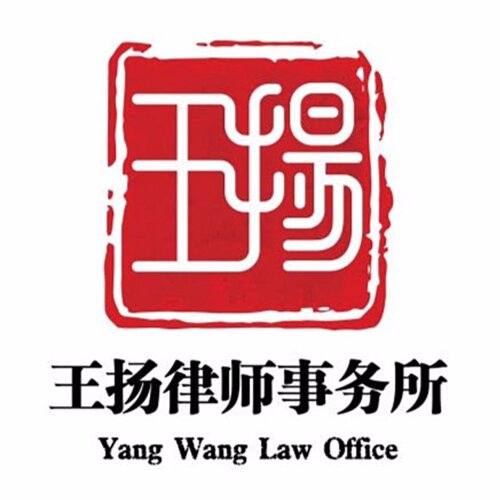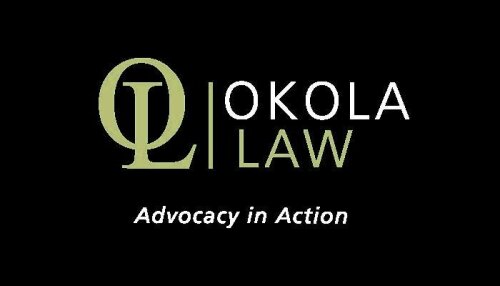Best Child Custody Lawyers in Toronto
Share your needs with us, get contacted by law firms.
Free. Takes 2 min.
Free Guide to Hiring a Family Lawyer
List of the best lawyers in Toronto, Canada
About Child Custody Law in Toronto, Canada
Child custody refers to the rights and responsibilities of parents or guardians regarding the care, upbringing, and decision-making for their children. In Toronto, Canada, child custody matters are primarily governed by the federal Divorce Act and the provincial Family Law Act. The main consideration in determining child custody is the best interests of the child.
Why You May Need a Lawyer
There are various situations where seeking legal help is advisable in child custody matters. Some common instances include:
- Divorce or separation
- Disagreements regarding custody arrangements
- Concerns about the child's safety or well-being
- Relocation or travel disputes
- Modifications to existing custody agreements
Local Laws Overview
When dealing with child custody in Toronto, it's essential to understand the key local laws:
- The Divorce Act: The federal law that governs child custody matters for married couples seeking divorce.
- The Family Law Act: The provincial law that covers child custody matters for unmarried parents, as well as married couples who are separating but not divorcing.
- Best Interests of the Child: The primary consideration in all custody decisions is what is in the best interests of the child, which includes factors like the child's age, wishes, and relationship with each parent.
- Shared Custody vs. Sole Custody: Toronto courts encourage shared custody arrangements where both parents actively participate in the child's upbringing, but sole custody may be granted if it is in the child's best interests.
Frequently Asked Questions
1. Can grandparents or other family members seek custody rights?
Yes, in certain circumstances, grandparents and other family members may seek custody rights. This usually occurs when it is deemed to be in the best interests of the child and when the child's primary caregivers are unable to fulfill their responsibilities.
2. How can I modify an existing custody agreement?
To modify an existing custody agreement, you will need to demonstrate a significant change in circumstances since the previous agreement was made. It is advisable to consult with a lawyer who can guide you through the legal process and help you present a strong case for modification.
3. Is it possible to change a custody order if one parent wants to relocate?
If one parent wishes to relocate with the child, they need the consent of the other parent or court approval. The court will consider various factors, including the reason for the move, impact on the child, and the visitation rights of the non-relocating parent, before making a decision.
4. How are child custody disputes resolved in Toronto?
Child custody disputes are typically resolved through negotiation, mediation, or courtroom litigation. It is always encouraged to explore alternative dispute resolution methods first to reach a mutually agreeable solution. However, if an agreement cannot be reached, the court will make a determination based on the child's best interests.
5. Are there any alternatives to going to court for child custody matters in Toronto?
Yes, there are alternatives to going to court, including negotiation and mediation. These approaches can help parents reach a custody agreement outside of court, reducing conflict and allowing for more control over the outcome. Collaborative family law is another option where both parties commit to resolving disputes without going to court.
Additional Resources
If you need legal advice or further assistance with child custody matters in Toronto, the following resources may be helpful:
- Ontario Ministry of the Attorney General: https://www.attorneygeneral.jus.gov.on.ca/english/family/
- Legal Aid Ontario: https://www.legalaid.on.ca/
- The Law Society of Ontario: https://lso.ca/
- Family Law Information Centre: https://www.attorneygeneral.jus.gov.on.ca/english/family/flic/
Next Steps
If you require legal assistance concerning child custody in Toronto, it is advisable to consult with an experienced family lawyer. They can provide personalized advice and guide you through the legal process to protect your rights and ensure the best outcome for your child.
Lawzana helps you find the best lawyers and law firms in Toronto through a curated and pre-screened list of qualified legal professionals. Our platform offers rankings and detailed profiles of attorneys and law firms, allowing you to compare based on practice areas, including Child Custody, experience, and client feedback.
Each profile includes a description of the firm's areas of practice, client reviews, team members and partners, year of establishment, spoken languages, office locations, contact information, social media presence, and any published articles or resources. Most firms on our platform speak English and are experienced in both local and international legal matters.
Get a quote from top-rated law firms in Toronto, Canada — quickly, securely, and without unnecessary hassle.
Disclaimer:
The information provided on this page is for general informational purposes only and does not constitute legal advice. While we strive to ensure the accuracy and relevance of the content, legal information may change over time, and interpretations of the law can vary. You should always consult with a qualified legal professional for advice specific to your situation.
We disclaim all liability for actions taken or not taken based on the content of this page. If you believe any information is incorrect or outdated, please contact us, and we will review and update it where appropriate.
















